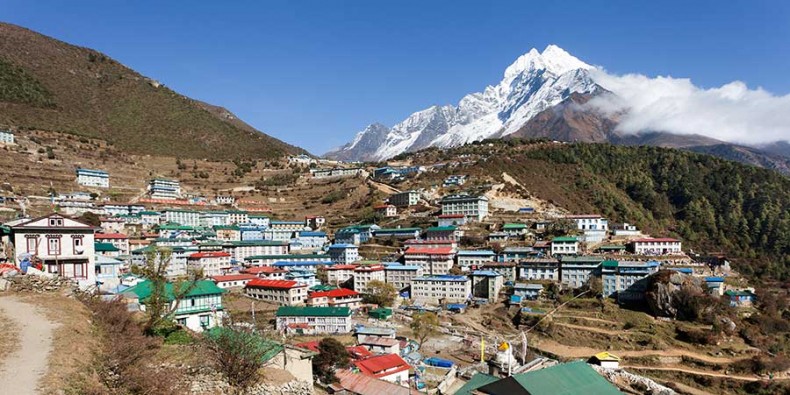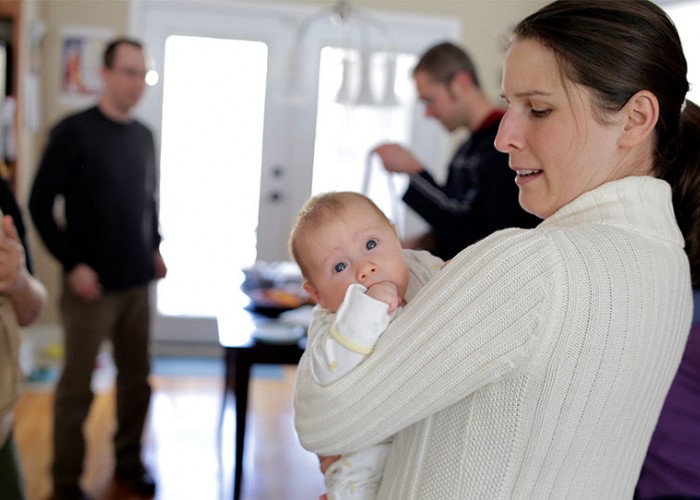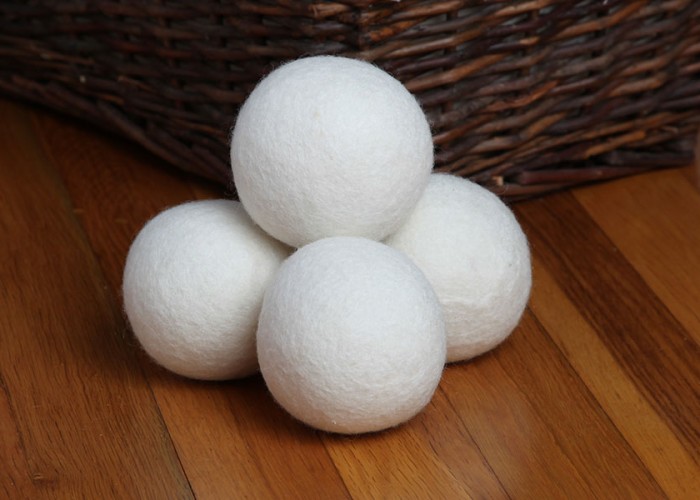Look Abroad for Energy Saving Inspiration
International communities are experts at doing more with less
By Hannah McKenzieQ: I recently heard that Americans consume more energy per person than people in most other countries, including the United Kingdom. I’ve pursued home improvements and habit changes to reduce energy use, but how can I make a bigger impact?
A:Compared to much of the world, U.S. energy production is reliable, affordable and abundant. Many of us have grown to expect air conditioning and clothes dryers, but these are uncommon luxuries elsewhere. Per-person energy use totals often include energy used throughout the United States, including in the industrial, commercial, agricultural and transportation markets. Therefore, lowering this number takes a collective effort from households and all sectors of our economy.
Going back to your question of how to markedly save more energy, let’s look abroad to find inspiration for savings and a simpler life. Here are a few life-altering ideas.
Life in Nepal
Nepal sits high in the Himalayas, where many families live simply in well-built stone houses, though with limited running water and electricity. In many villages there are no cars or roads, only footpaths. Imagine going to bed when the sun sets and waking with the roosters—no television, of course, but many joyful evenings sharing stories around a warm hearth.
Try it at home: What if we dramatically reduced the number of electronics in our homes? (Most U.S. households have at least two televisions.) Experiment by putting them in a closet for a month.
Life in India
India is notorious for electricity unexpectedly turning on and off. While most families cook with gas, which is reliable, there are other ways to prepare meals with limited energy. Rice can be brought to a boil and then left with a lid until it is cooked through. This works for oatmeal, too. At the same time, pressure cookers can make foods in 10 to 20 minutes.
Try it at home: Aside from convenience foods, how can you reduce cooking time and increase efficiency?
Life in Japan
Japan offers intrigue. Many households use ductless heat pumps to heat their bedrooms and living spaces. Bathrooms are left without direct heating or cooling, which may explain the popularity of heated toilet seats. As hotel and house guests in a recent visit to the country, we were instructed to turn off the heating/cooling entirely when we were not occupying the space.
Try it at home: Space heating and cooling are the biggest energy users in U.S. homes. What if we turned off these systems when out of the house? A properly programmed thermostat could do the job for you, but be sure to set it properly for your system—especially heat pumps that can use expensive emergency heat in extreme cold.
Life in other countries
In many countries, clothes dryers are noticeably missing. Even in wealthy Japanese neighborhoods, backyards have elaborate racks and lines that hold everything from underpants to towels. If you had to hang dry every single item, how would your clothes-washing habits change?
Try it at home: Determine when energy use is a need versus a want, and be more selective with the wants. Or, consider a more efficient clothes dryer.
Try an unfamiliar energy-saving idea for a month and see how it changes your mindset or habits. For new habits to stick, we need reminders and repetition. Do you note any impacts beyond energy savings, like additional family time, improved comfort or less stress? For more ideas, talk with elders or people who have lived in different places. I suspect you’ll see changes on your energy bill and in other areas with how you spend your time and money.
How do you save energy?
Share your own unconventional energy savings stories and tips with us in the comments below.
-
More ways to save energy
-
Share this story:






